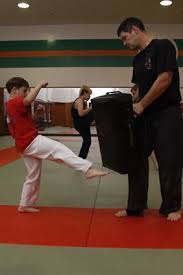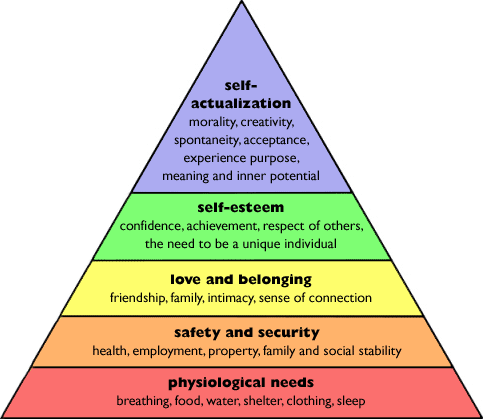
Your kids come home from Martial Arts class and want you to help them practice, but you don't know where to start. You have never taken a martial arts class, and you don't know what to do. Let me give you some ideas.
Rule #1 - Keep it Fun!
First, the most important thing to remember is to keep practice fun and positive. I can tell you, after teaching martial arts for over 20 years, that the fastest path to quitting martial arts (or any other activity, for that matter) is putting too much pressure on your kids. If you are constantly nagging at them and not keeping it fun, they will not want to practice. Martial arts provides more life skills than any other sport or extracurricular activity, so the last thing you want is your child disliking it and giving up. Always keep it positive and fun!
Follow your Kid's Lead

If you kids want to practice with you, this is a good thing, so practice with them. Ask your kids how and what they want to practice. Follow their lead and desires. If you son wants to just practice kicks today, let him. If you daughter wants to practice jumping, spinning, and a bunch of crazy Kung Fu Panda moves that you can't decipher, encourage her. Any practice is good practice. Encourage your kids to practice certain things, but don't force them. "John, let's practice your blocks." "Sally, let's go through your self defense techniques." If they say, I don't want to, ask what they want to practice. Any practice is better than no practice.
Short Impromptu Practice is Great

Grab your kids in a self defense technique in the kitchen, and let them put you on the floor. Wrestle during commercial breaks in the living room. Play spar in the hallway. This type of practice can be the best practice and makes for great bonding moments.
How long and often should my kids practice?
My opinion is, as long as your kids want, and as long as it stays positive and fun. I ask my students to practice at least once per week, but I rarely give a time limit. Encourage them to practice, keep it fun, and they will want to do it. When they are truly ready to end the practice, whether it has been 5 minutes or 20 minutes, then wrap it up. End on a fun note, so that they want to practice next time. Also, remember that there needs to be a balance, so they don't burn out. Give your kids opportunities to practice with you and by themselves. Also, make sure they have plenty of other opportunities to play with their friends, do other sports, and be involved in other activities, and this will make them want to keep attending the real life skill builder - martial arts.
Be the best training partner

Be your kids' favorite training partner, not their Sifu or Sensei. Throw punches and be their "bad guy" so they can practice their techniques. Be their grappling buddy. Hold the mitts and be their boxing partner. Let them be the teacher and let them teach you. Constantly praise them for what they are doing. Don't worry about what they are not doing right. Focus on what they are doing well, and tell them. "John, that was a great, high kick. You are getting so good." Who cares if John's hands were down and he wasn't protecting his face. Next time you catch John with his hands up, praise his for that.
For beginning students, simply just encourage and help them practice. No need to challenge or push them; remembering the skills are a challenge enough. As your kids progress to the intermediate and advanced levels, your training partner skills might need to increase. Help your kids work on power, speed, or agility. Get them to hit the mitts a little harder or faster. Hold those grab attacks a little tighter, but only one step above their current ability. It is okay for them to be challenged, but constant failure will quickly drive them away from the martial arts, so allow them to win sometimes too. Help them improve, keep it fun, and create some challenge that they can overcome.
Practicing Techniques
Be your student's "practice dummy" which is also known as an "uke" in the martial arts. Learn how to grab them, how to attack during ground techniques, and which punches and kicks to throw. When being an uke, watch out for kicks and strikes that could hurt you. Yes, I have seen 5 year olds give instructors bloody noses and make them drop to their knees from a kick. Remember, they are still learning coordination and self-control. Let your kids make light contact if you feel comfortable, but until they get more self-control, watch out. As you kids become more advanced, you may want to consider wearing some protective gear, like a chest guard, to help them practice. We can recommend gear and equipment to help you practice at home.
 Practicing Sparring Skills
Practicing Sparring Skills
Get some mitts, muay thai pads, a bag, or a sparring bag shield. Learn the combos and how to hold the mitts. Turn on the music and have some fun. This can be a great workout for you as well as your kids.
Wrap-up
Hopefully, this gives you some ideas on how to help your kids practice. Stop by class to get some more ideas, or better yet, join class so that you can learn with your kids. As the old saying goes, "A family that kicks together, sticks together."












